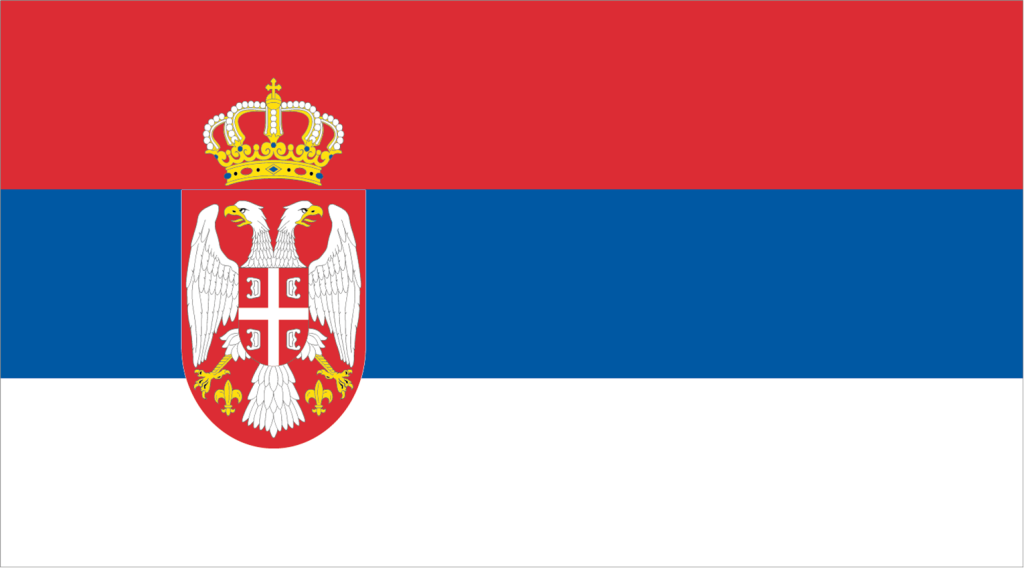Multiple Languages are available
Why welcoming Ukrainian refugees does not hurt: Schopenauer’s Porcupines
By Teresa Albano, OSCE Economic Affairs Officer, Senior project manager, E-MINDFUL project
“A number of porcupines huddled together for warmth on a cold day in winter; but, as they began to prick one another with their quills, they were obliged to disperse. However the cold drove them together again, when just the same thing happened . . . In the same way the need of society drives the human porcupines together, only to be mutually repelled by the many prickly and disagreeable qualities of their nature.”, Schopenhauer, 1851/1964, p. 226
In the Porcupine dilemma, made famous by German philosopher Arthur Schopenhauer, people struggle to find the right distance to keep meaningful human relations. According to the philosopher, the more intimate we get, the more we risk getting hurt.
The wave of empathy that is opening a multitude of doors as families host displaced Ukrainians in the intimacy of their homes seems to challenge the Porcupine dilemma. Different from similar experiences, the arrival of millions of Ukrainians has been met with such a welcoming attitude that special protection measures have been soon adopted, providing a striking example of how public attitudes can influence policies for the reception of migrants and refugees.
Why is this so?
People like “us”
What this case evidently shows is the impact of communication and media on public attitudes and migration policies, offering a unique opportunity to understand how narratives can influence perceptions and policy approaches towards migrants and refugees in hosting societies. Similar to the function of mythology in the past, these narratives offer a compass to navigate the complexities of real life, shaping behaviors and forming communal identities and values, which are reflected in policies.
In the case of the Ukrainian displaced, the dominant narrative trait is encapsulated in the concept of “people like us”. In apparent contradiction with the German philosopher, social science confirms that the more we perceive strangers as ‘close’ to us, the more we feel positively about them and act accordingly. In drawing this ‘closeness’ with Ukrainian migrants and refugees, narratives tend to leverage key factors such as ‘vulnerability’ and ‘proximity’.
While narratives surrounding foreign men – generally young adults, travelling alone – tend to trigger feelings of anxiety and resistance, legitimizing restrictive migration policies, the vulnerability and passivity traditionally associated with womanhood and childhood lend themselves to deservingness, pushing policies towards more protective approaches. The current mediatization of stories of Ukrainian female and child victims, helps to debunk the ingrained idea of refugees and migrants as a potential threat to hosting communities.
Geographical proximity is yet another factor that catalyzes positive attitudes towards migrants and refugees. Much less related to physical distance, spatial vicinity is rather interpreted through feelings of cultural, religious and ethnic affinity. Considering the long-running presence of Ukrainian diasporas, receiving displaced co-nationals is akin to a reunion in a community where they are well-known neighbours and family members.
However, what makes the Ukrainian displacement particularly resonant in the public opinion are the overall circumstances surrounding the situation. The ongoing dramatic conflict evokes a time closely connected to the formation of the European identity: the massive displacement due to World War II, which prompted the very definition of refugee in the 1951 Geneva Convention. This collective memory clearly singles out the ‘good’ and the ‘bad’ characters in the narration of these events, sparking a powerful process of self-identification, which resonates solidly with audiences and leaves little room for alternative interpretations or analysis.
The E-MINDFUL project: building a space where everyone feels ‘close enough’
Preliminary results of the E-MINDFUL project confirm that to ensure long-lasting solidarity, a sound narrative and a coherent storytelling are necessary but not enough. Research has shown that public discourses and attitudes surrounding migrants and refugees are volatile and can shift quickly if not nurtured suitably, as suggested in the stocktaking report of the project, whose results will be presented at the end of July 2022. Solidarity and empathy fatigue may soon emerge, possibly shrinking the space for mutual tolerance in receiving communities, bringing the Porcupine dilemma back to the attention of policy-makers.
Although crisis events – such as the current conflict in Ukraine – catalyze positive attitudes towards displaced people, particularly the most vulnerable, migration is a phenomenon that requires an attentive and carefully planned communication strategy. The E-MINDFUL project is indeed acting towards providing tools, methods and approaches to promote suitable narratives that can resonate beyond stereotyped messaging. In an increasingly interconnected world where more people live, study and work abroad – as a result of both voluntary and forced mobility – this engagement is essential to build conditions for peaceful coexistence, where everyone can feel ‘close enough’ to establish meaningful and lasting relations.




